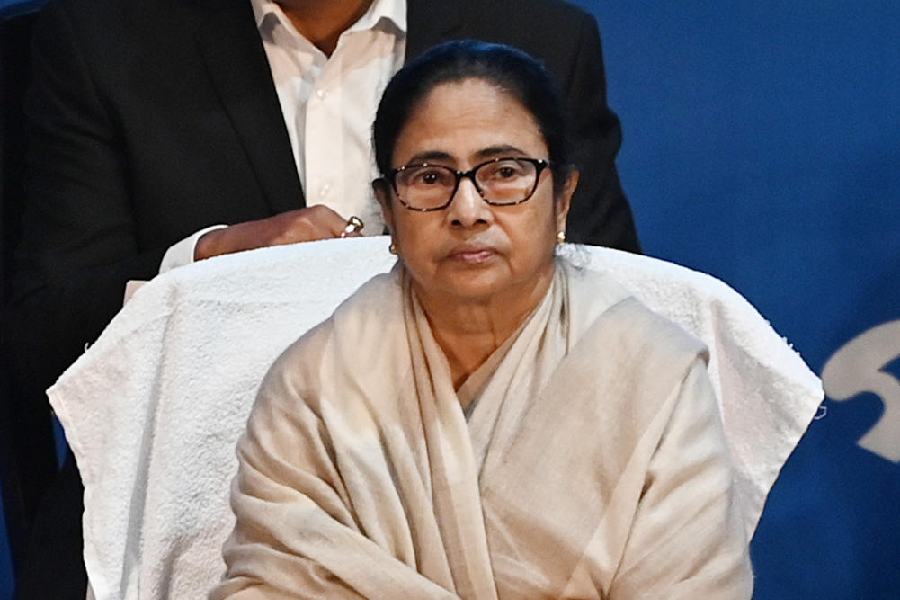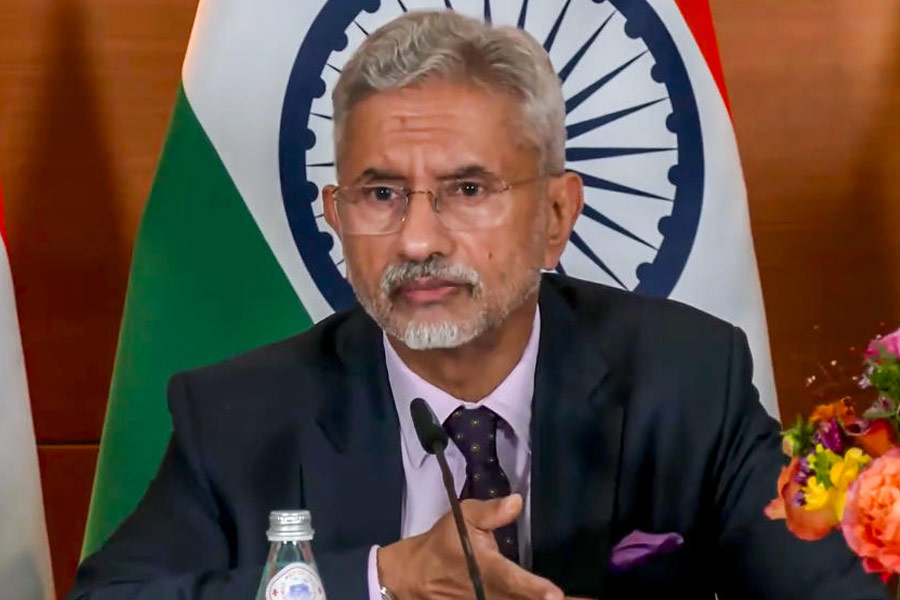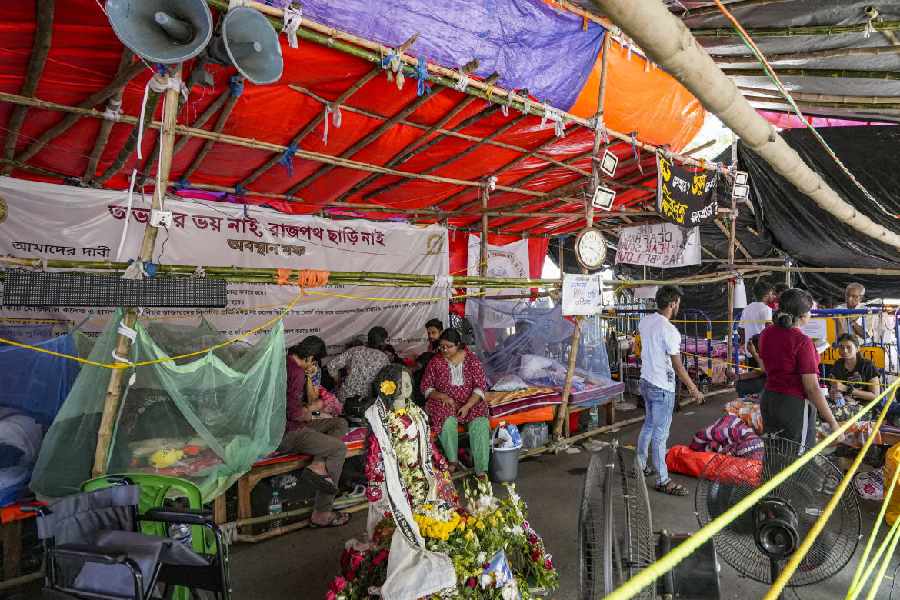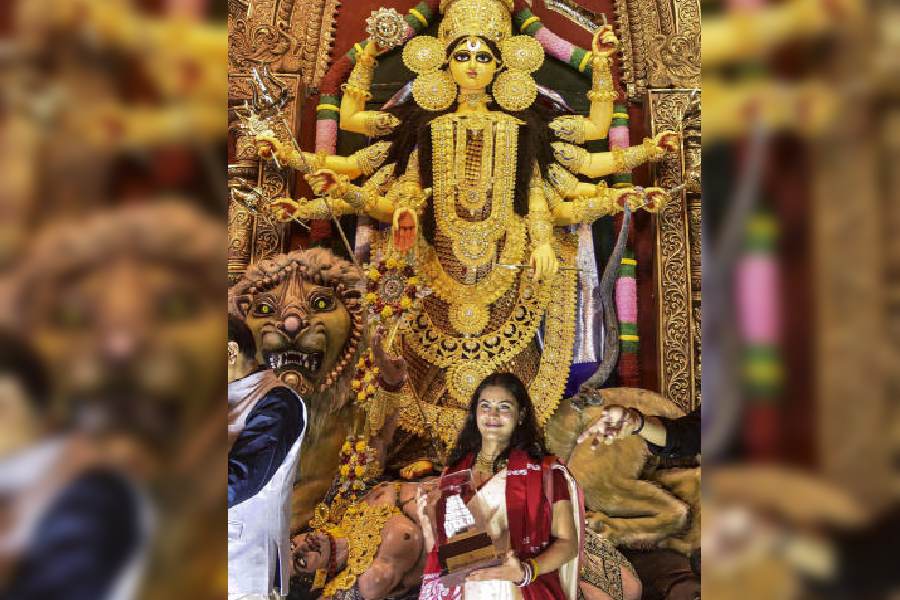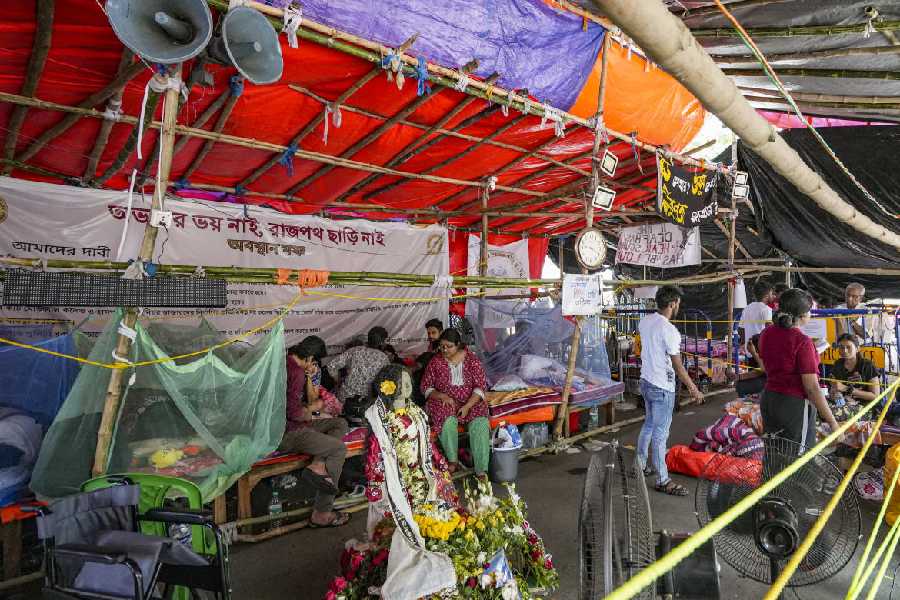Raising objections to the BJP-led Centre’s attempts to replace the Indian Penal Code (IPC) by the proposed Bharatiya Nyaya Sanhita Bill, the Code of Criminal Procedure (CrPC) by the Bharatiya Nagarik Suraksha Sanhita Bill and the Indian Evidence Act, 1872 by the Bharatiya Sakshya Bill, Trinamul Congress chief Mamata Banerjee called the draft Bills “harsh”, “draconian”, “arbitrary” and likely to “affect citizens more gravely”.
Stating that the Bills were an attempt to “quietly introduce anti-citizen provisions”, Banerjee urged jurists and public activists of the country to thoroughly study the drafts and build public opinion against them before they are tabled in Parliament.
“Have been reading the drafts prepared by the Union Home Ministry to substitute the Indian Penal Code, Code of Criminal Procedure and Indian Evidence Act. Stunned to find that there is a serious attempt to quietly introduce very harsh and draconian anti-citizen provisions in these efforts,” Banerjee posted on her X handle on Wednesday. “Earlier there was Sedition Law; now, in the name of withdrawing those provisions, they are introducing more severe and arbitrary measures in the proposed Bharatiya Nyaya Sanhita, which can affect citizens more gravely,” she went on to add.
“The current Acts should be decolonized not only in form but also in spirit. Urge the jurists and public activists of the country to study these drafts seriously for democratic contributions in the realm of the criminal justice system. My colleagues in the Parliament will raise these issues at the Standing Committee when these will be deliberated. Laws need to be improved in light of experiences, but colonial authoritarianism should not be allowed to have backdoor entry at Delhi,” Banerjee’s concern was evident.
Introducing the three Bills on the final day of the Parliament’s monsoon session on August 11, Union home minister Amit Shah had informed the Lok Sabha of the Centre’s intentions to replace the three existing colonial-era anti-crime laws of the country with updated Acts with an aim to “decolonize the Indian justice system”. Sources confirmed that the Modi government wants the Standing Committee on Home Affairs to submit its report on the draft bills within three months so that they could be tabled and passed in both houses of the Parliament ahead of the upcoming general elections.
Banerjee’s statements looked to be in sync with the opposition INDIA bloc’s stand of the three replacement Bills which has called the move “Modi’s attempts to harden the anti-treason laws of the British Raj” and hinted at her unwillingness to hurry through in their implementation.
The Bharatiya Nagarik Suraksha Sanhita Bill would now have 533 sections in which 160 sections have been changed, nine new sections added, and nine sections repealed. The Bharatiya Nyaya Sanhita Bill will have 356 sections instead of the earlier 511 sections with 175 sections have been amended, eight new sections added, and 22 sections repealed. The Bharatiya Sakhshya Bill will have 170 sections instead of the earlier 167 with 23 sections changed, one new section added and five repealed.

